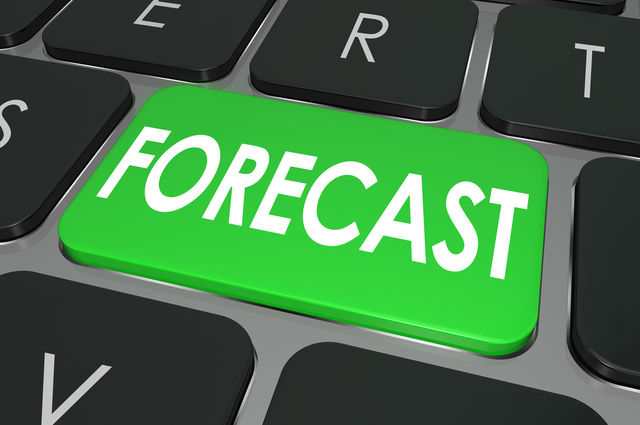Has forecasting become a lost art?
10 experts shared their view
Robert Cross, the de facto Godfather of Revenue Management, stated "…everything starts with a day by day, segment by segment forecast", yet many hoteliers no longer produce one as part of their strategic process. Most of today's advanced revenue management systems do not generate one, instead of leaving the user to rely on a total hotel forecast and to trust the "black box" for the details.
Should hotels be producing a detailed long-term forecast, and if so, what are the benefits of doing so? How far out should they forecast and how often should they do it? The automated systems (only 15% of hotels have one!) can be very accurate at projecting the optimized results of an existing strategy, but are they effective when contemplating a change in strategy, as an increase in group rooms, eliminating an airline crew, or even a renovation? How do hotels that don't do it satisfy other stakeholders like senior leadership and owners, who may have an interest in understanding the detail behind the hotel's forecast, especially when recent performance has not met expectations?
Forecasting hasn't become a lost art. The revenue managers that my colleagues and I speak to every day are constantly refining their methods and eager for new technologies and data to help with the task, and they're well versed in the principles. But - and it's a big BUT - through lack of better systems, there's a sense that they've become over-reliant on data that only forms a part of the picture, such as on-the-books (OTB) and same-week-last-year (SWLY).
In normal times, this is inadequate; in these unprecedented times, some of this data is no longer at all relevant for some markets that have been hit hardest by travel bans and lockdowns. This is where we need to tap into better predictive analytics technology, which draws external data from disparate sources to infer demand in a more forward-looking way. Hoteliers will instinctively know how to use this when such technologies emerge. So the art hasn't been lost; the technology for volatile times needs to catch up.


